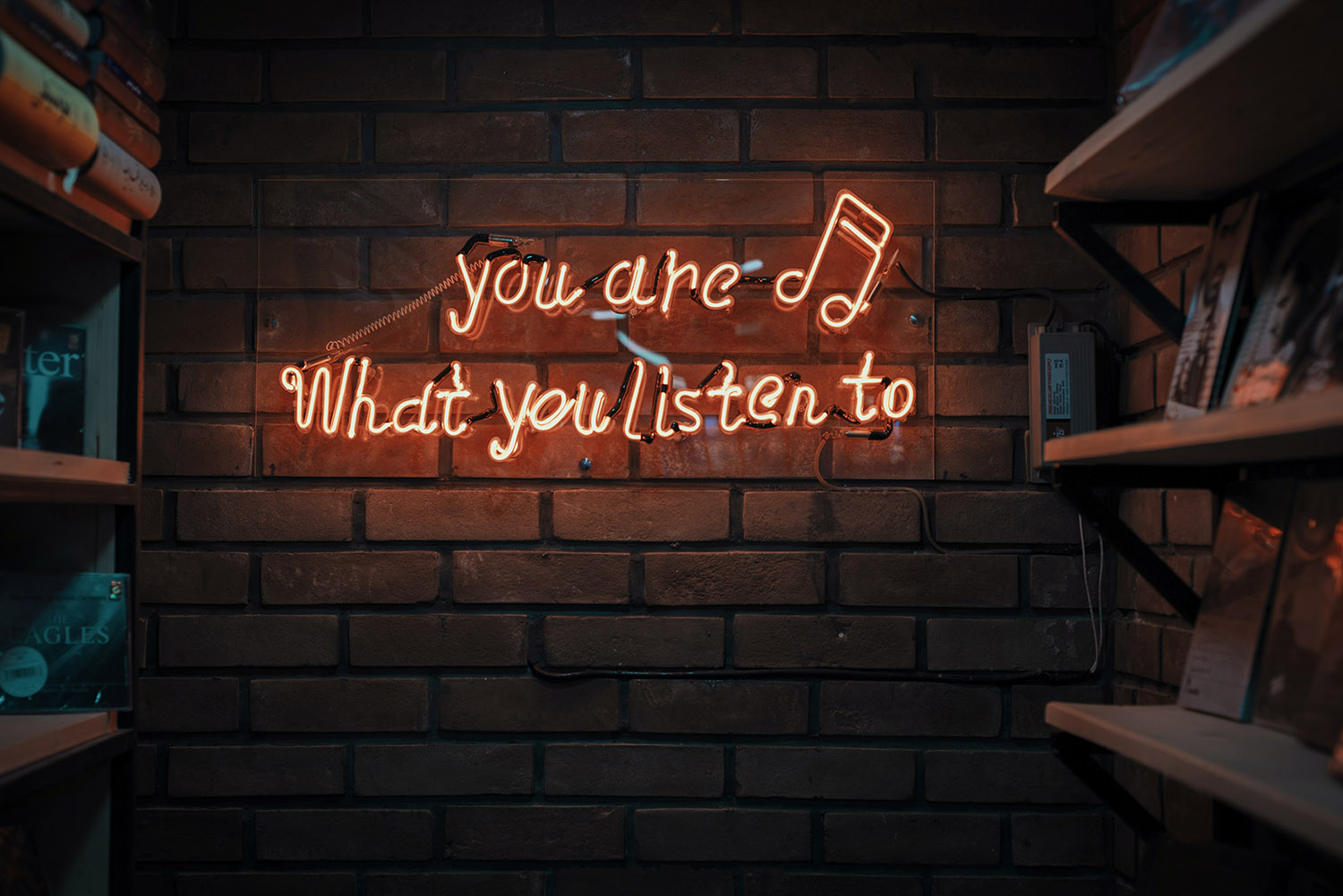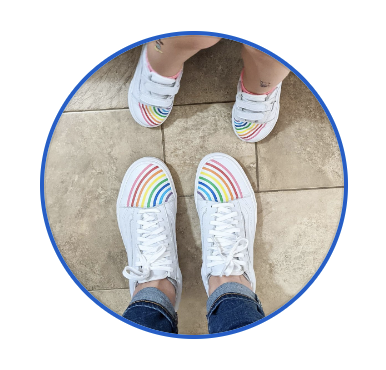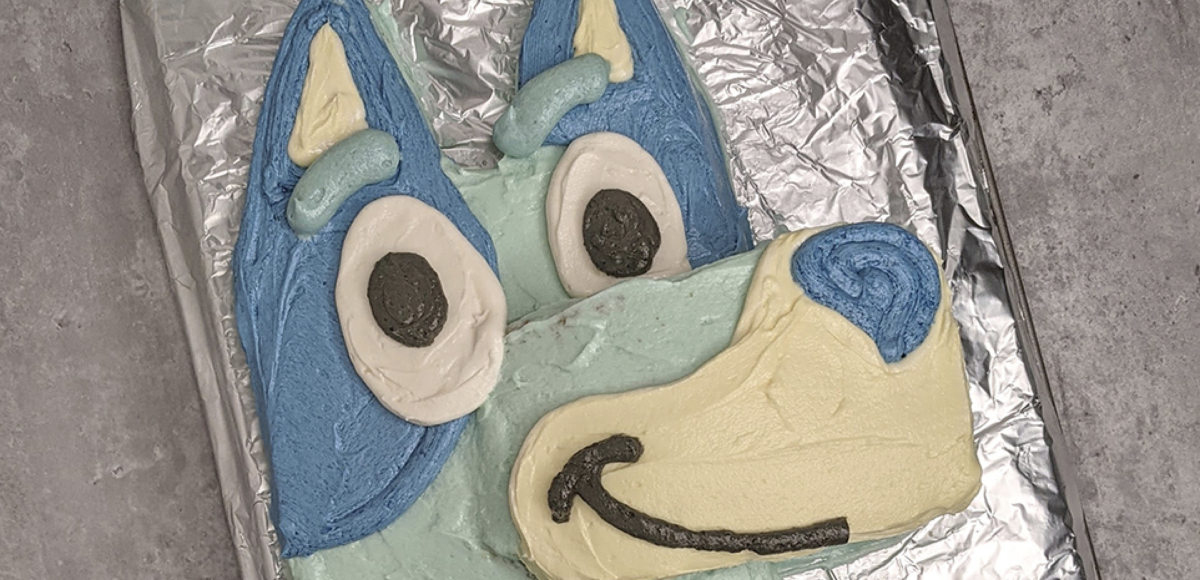This post may contain affiliate links. Every link is hand-selected by our team, and it isn’t dependent on receiving a commission. You can view our full policy here.
Here’s a confession anyone who knows me is all too aware of: I’m a Taylor Swift fan. I went to 1989 as a 27-year-old, feeling roughly five years too old to be there, but I didn’t care. I loved Red and 1989, and I was psyched for the launch of Reputation. Then it came out, and…I didn’t love it. The songs fell flat to me, but then I gave it another listen. And mindlessly left it on in the background as I cleaned the house. And before long, you know, I really liked “Gorgeous” and “End Game.” (“Ready for It” was an instant fave, TBH.) And…wait, maybe I liked the whole album.
Turns out, music theory scholars and psychologists have been analyzing this phenomenon (if you can be so bombastic to call it that) for years, and they have a name for it: the mere-exposure effect. Social psychologist Robert Zajonc coined the term back in 1968, based on his findings that the more you listened to a song—even if it didn’t fit your tastes—the more you’d start to like it. It made me wonder why that is, and as far as I can figure, it comes down to a basic part of human nature: We find comfort in the familiar. It’s why we’re drawn to routines, to things and people like us—and why we need to push beyond our comfort zones, so they don’t become too small to allow anyone or anything in.
It also makes the mere-exposure effect all the more encouraging: The more you push yourself into things that are outside of your wheelhouse, the more you can start to appreciate their nuances and see the differences not as something to turn away from, but as something to embrace.
As someone who’s resistant to change, I can attest to the many new classes or jobs or hobbies I’ve tried where on Day 1, my reaction is, “this isn’t for me! It’s the worst! I’m out!” and, with time, I gradually come to love it. I just need repeated exposure to ease into it.
Now I just need to bookmark this post and remind myself of my own words the next time I try something new.
Lead Photo: Mohammad Metri/Unsplash




